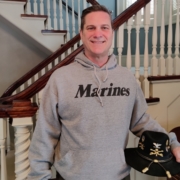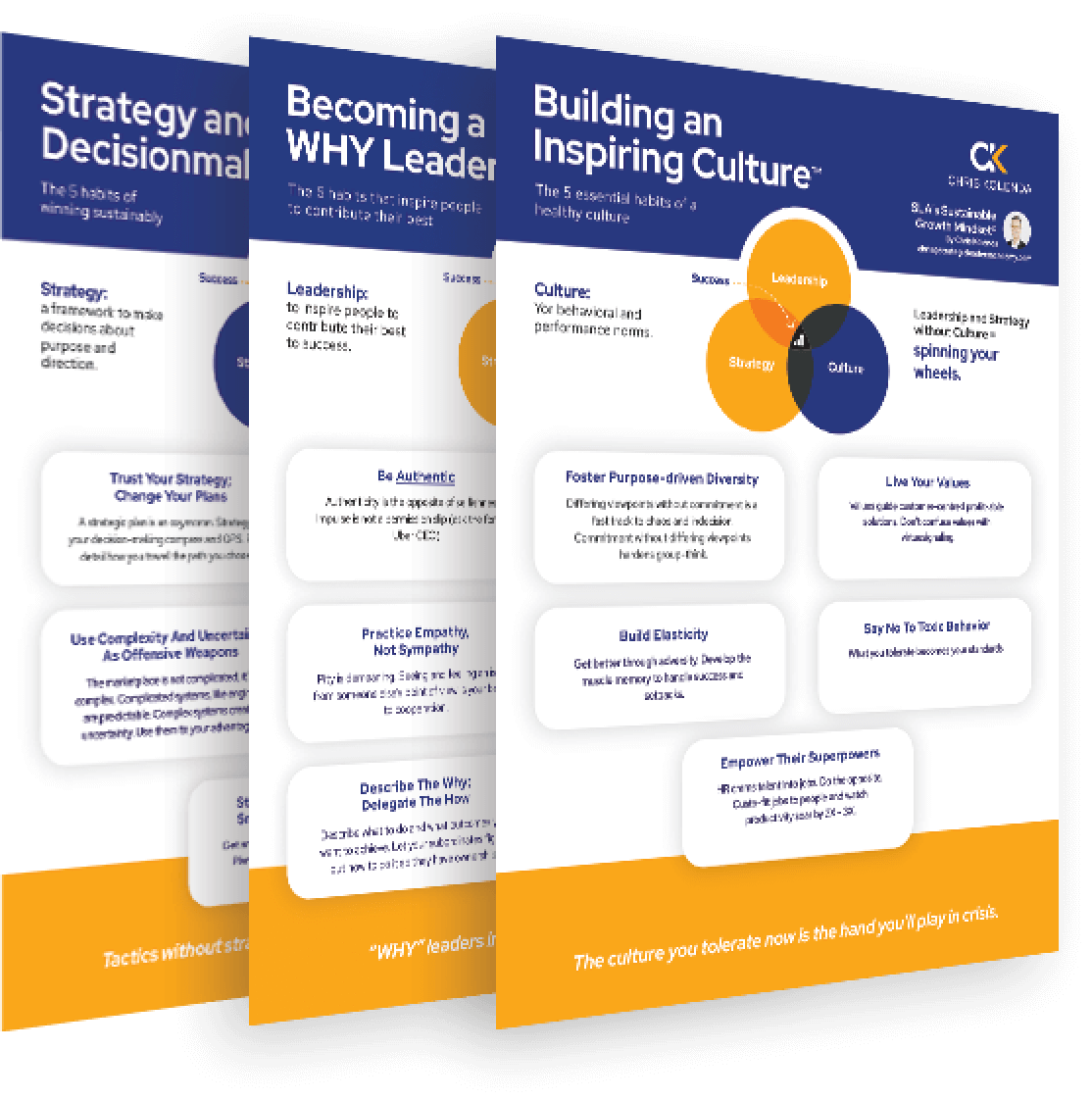What Socrates, Roosevelt, and Navalny can teach leaders about courage
Alexei Navalny reportedly died in prison after an accident, a dictator’s typical euphemism for murder.
What’s striking about Navalny is that the Russian government tried poisoning him on an international flight. He recovered in the UK and could have remained a dissident in exile. Instead, he returned to Moscow, knowing that he would be imprisoned and probably killed for his beliefs.
Socrates, the ancient Greek philosopher who taught that the unexamined life was not worth living, was condemned to death for allegedly corrupting the youth and introducing false gods. Everyone in Athens knew it was a sham verdict, and leading citizens plotted to free Socrates from prison. Even the guards agreed to look the other way. Socrates refused to escape when the plot unfolded, saying he would die obeying Athens’ laws. He drank hemlock the next day.
U.S. President Theodore Roosevelt described the “man in the arena” as someone who strived to achieve big goals, bounced forward from setbacks, and stayed true to their convictions despite the critics.
Their examples show there is more to courage than doing your duty in the face of physical danger. Courage, Aristotle explained, is the virtue that allows all other virtues to exist. Developing your courage requires being in life’s arena, risking danger, and making choices that strike the balance between cowardice and recklessness.
Courage is also the foundation of leadership qualities. Developing your subordinate leaders’ courage will increase their credibility and your employees’ trust in you.
If you are like leaders in most jobs outside of the military and first responders, you rarely, if ever, face physical danger. Moral, intellectual, and emotional danger are more common and can be more challenging to face successfully,
Moral courage means doing the right thing in the face of pressure to violate your standards. Leaders may face pressures, for example, to fudge the numbers, tell the emperor their clothes look great, or elude responsibility for a shortcoming or mistake.
Imagine the cost to your company when leaders cut corners or obscure the facts to protect their backsides.
You can help people boost moral courage by defining your standards (your values and expectations), identifying the 3As (what Acceptable, Awful, and Awesome look like for each), and providing employee examples of the standards in action. Use periodic “feed-forward” sessions to discuss these standards and how you can help your direct reports succeed.
Imagine the boost to your company when leaders do what’s right without you having to watch.
Intellectual courage means balancing conviction and open-mindedness despite pressures to waver in the face of adversity or drive eyes wide shut into disaster. Lego, for example, returned to profitability by re-focusing on its core products and seizing lucrative licensing deals, while Kodak rode its 35mm business into bankruptcy. Apple, on the other hand, overcame losses by innovating new products like the iPad and iPhone, while 23&Me lost billions in valuation trying to pivot from DNA testing to pharmaceuticals.
Imagine the cost to your company when leaders fail to adapt to change or create hyperactivity.
You can boost intellectual courage by strengthening your employees’ psychological confidence and giving them the tools to manage risk. Psychological confidence combines the willingness to speak up, disagree agreeably, and confidence you’ll be taken seriously. People with psychological confidence report problems quickly, offer fresh ideas, and try new things. Risk, meanwhile, is a function of likelihood and seriousness. Give your employees the tools to address both factors and the expectation to tell you when even mitigated risk is too high.
Imagine the benefit to your company when your employees innovate, nip problems in the bud, and let you know when the juice is not worth the squeeze.
Emotional courage is the willingness to place yourself in emotionally challenging situations for the common good despite the urge to avoid it or pass the danger to someone else. Leaders with emotional courage take on crucial conversations, manage conflict, provide regular feedback and feed-forward to improve performance. They serve as the heat shield – passing the credit and taking the hits – so their employees have the backing to try new things without fear of retribution.
Imagine the cost to your company when behavioral problems go unaddressed and become bad habits, no one knows how to improve their performance, and organizational conflict becomes endless.
You can boost emotional courage by giving people the tools to quickly and effectively address toxic or counterproductive behaviors without creating resentment. Correcting behavior early is far easier than trying to reverse a bad habit. Organizational conflict is about objectives or ways to get there. When your employees know how to address these factors, they’ll keep conflict healthy and confidently approach it.
Imagine the boost to your company when leaders help employees improve their future performance, keep behaviors in line with your standards, and manage conflict so people can move quickly into implementing solutions rather than talking in circles and litigating decisions.
I have simple, practical tools to help you build the kinds of moral, intellectual, and emotional courage displayed by the most respected and admired leaders. Email me or schedule a call to discuss ways to increase your bench strength of courageous leaders.



